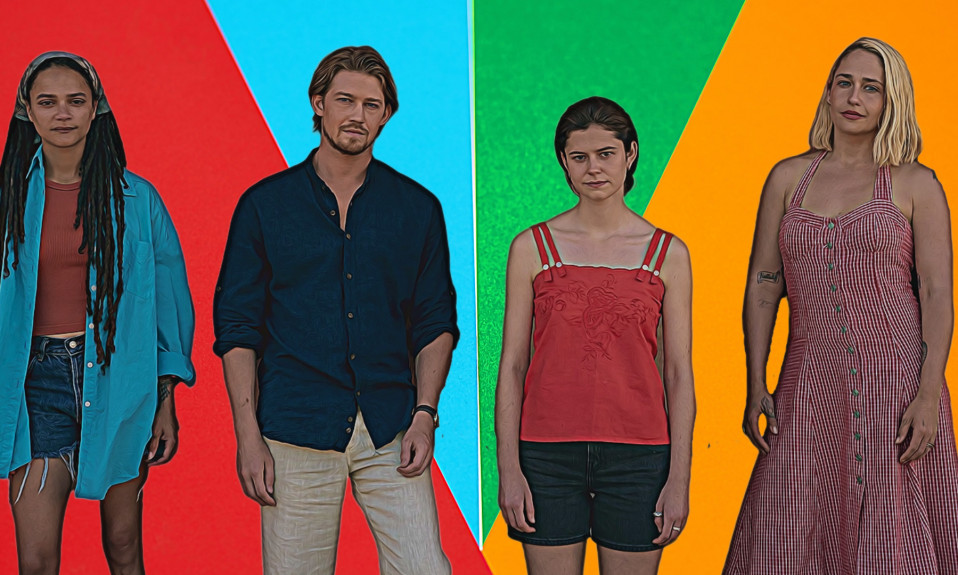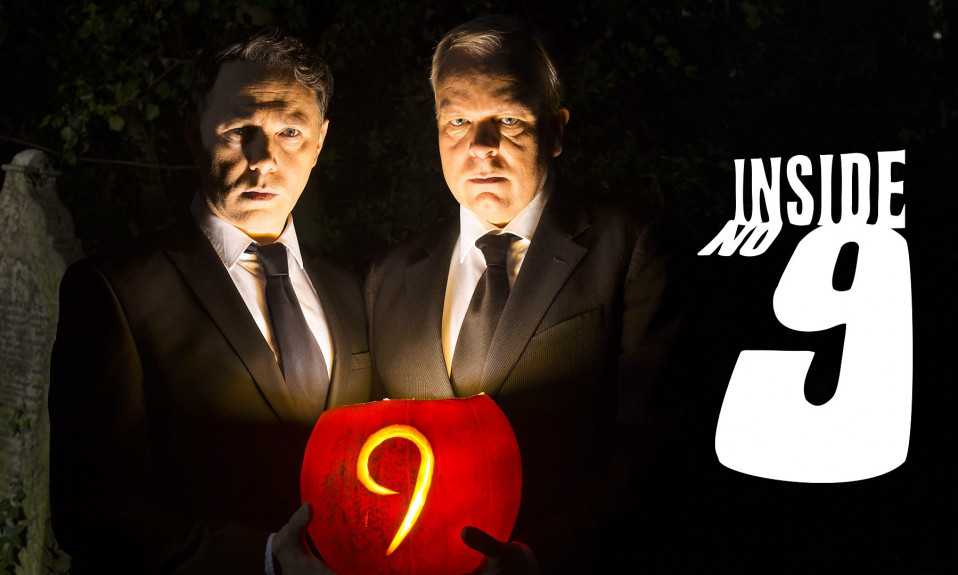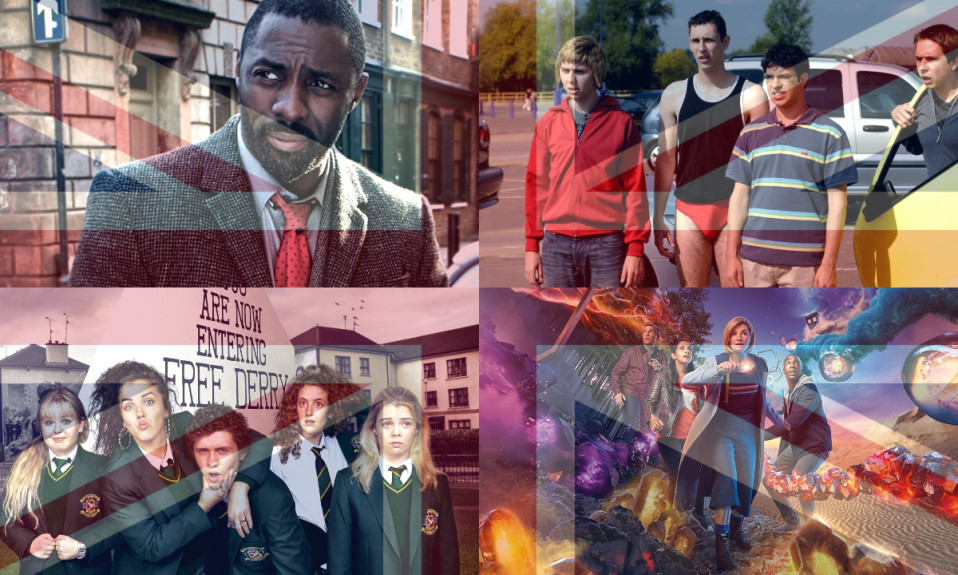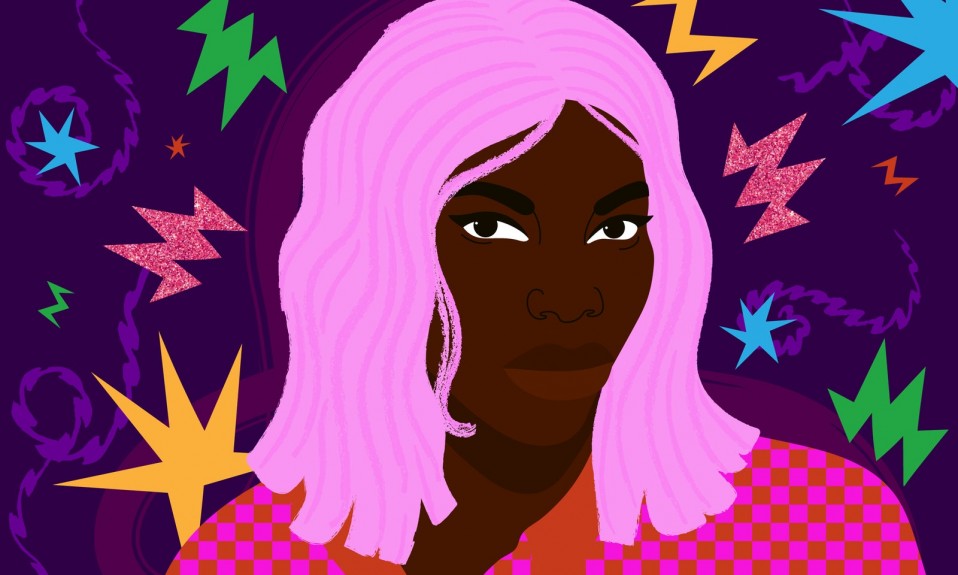Since 2017, a single writer has significantly influenced the publishing world: Sally Rooney. Her caustic and acerbic debut, Conversations with Friends, now adapted into a television series for the BBC and Hulu, took the world by storm. It inspired many copycats, ushered in a new cultural interest in Irish fiction that focused on millennial angst and even influenced the design of nearly every book cover that came after it. When I bought my copy a year after it came out, the bookseller told me, leaning over the counter as he did, that I would love it. He didn’t know anything about me, but that seems to be the essence of Rooney’s appeal; it’s surprisingly broad. Rooney’s prose is stylised and sparse. It discusses so-called “universal” themes while remaining distinctly itself. As such, she is the kind of writer that seemingly attracts everyone, from those who read one book a year to those who always carry a paperback in their tote and have a TBR pile taller than the average human.
Few others inspire such fervour. In the early noughties, it might have been Zadie Smith who found herself on a meteoric rise to fame after the publication of White Teeth, which itself was later made into a television series for Channel 4 starring Naomie Harris. Or, perhaps, Elena Ferrante, the internationally renowned Italian author who, to date, has seen every single one of her novels adapted into a film or television series, most famously in the form of HBO’s acclaimed My Brilliant Friend and the Oscar-nominated The Lost Daughter. Yet Smith and Ferrante are not household names the way Rooney is. The television adaptation of her second novel, Normal People, was one of the biggest hits of 2020, and Paul Mescal took home a BAFTA for his performance as anxious teen Connell Waldron. The show arrived a few months into the UK’s first national Lockdown, allowing its audience to live vicariously through its intimate sex scenes in a time when being closer than six feet to a stranger was a crime. This latest adaption, created by the team behind Normal People, promises just as much sex, if not more.

Conversations with Friends, which drops today on BBC iPlayer, follows twenty-something Frances (Alison Oliver) as she engages in an affair with a sexy, married actor, Nick (Joe Alwyn). Meanwhile, Frances’ ex-girlfriend, who is also her roommate and the other half of a performance poetry duo, Bobbi (Sasha Lane), takes an interest in Melissa (Jemima Kirk), Nick’s intimidating and successful wife. The show has proven to be less of a critical darling than Normal People, with some reviews noting the pace and questioning the motivations of its characters, but the same is true of the book. The spikey and selfish people who inhabit the show are a lot less likeable than Connell and Marianne; their intentions much murkier. The love story at the centre of Conversations is one of infidelity between a misguided, insecure girl and an unhappy, closed-off man. Nick’s marriage looks perfect from the outside but is nearly hollow on closer inspection; his wife has had her own affairs in the past, while the two girls, once lovers, are forced to navigate the choppy waters of a friendship that was once something more. Whereas Normal People presented us with a relationship we might want to emulate, one that is deeply passionate and filled with genuine affection, Conversations asks what happens when you don’t regulate your desire to fit within the conventional ideas around relationships when monogamy doesn’t feel like enough, and love is not just something that can exist between two people but between many.
Though Conversations with Friends was a big hit back in 2017, this aspect of it went under-explored. Hearing about the novel from friends or seeing people reading it on the tube, it was never immediately clear how queer the novel was. That Frances and Bobbi were an item was mentioned in passing on the blurb, but there wasn’t a significant focus on the implications. My only guess as to why would be that Rooney has, unjustly, been a poster girl for skinny white girls, and her latest novel, Beautiful World, Where Are You, was accompanied by an uncomfortable fanfare that included pop-up shops in trendy London boroughs and an infamous bucket hat with the book’s title embroidered on the front. It seems at odds with the way she’s positioned that she is also staunchly anti-capitalist and that her novels and the shows based on her books reflect this. The more fraught exploration of identity at the centre of Conversations and its endorsement of lifestyles other than the monogamous is less palatable than a story of young love. Yet, to my mind, it’s more intriguing.
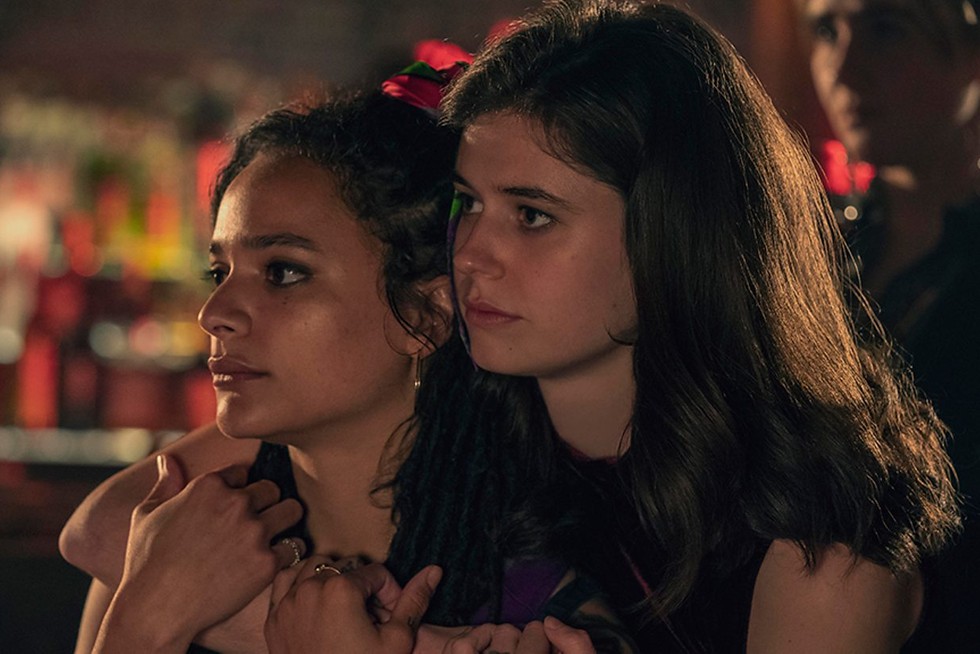
The television adaptation, like the novel, highlights the confusion and complication of bisexual desire as Frances admits to Nick that she’s never slept with a man before and that her “entire sexual history is Bobbi”. The upheaval of such a revelation can be destabilising, especially in a world that asks for sexuality to be clear and defined. In 2022, in a world bogged down by accusations of queerbaiting, ambiguous sexuality is consistently questioned, and most narratives about people exploring who they’re attracted to end with a definite choice. Sexuality is commonly presented as a binary, and those who exist in the middle are, as Toni Stanger wrote for Film Daze, asked to “pick a side”. Conversations doesn’t conform to this idea, and when the idea of loving men and women is raised, it is never accusatory. Instead, it falls into the category of rare but welcome media, like Desiree Akhavan’s The Bisexual, that allows for this type of exploration and doesn’t try to reach a verdict on who someone is more attracted to.
Frances’ feelings for Nick are a substantial part of the novel, as is Bobbi’s reaction to them, and so, at the heart of it, Conversations is a queer book. But it rarely seems this way. In recent months, when I’ve spoken about Rooney, I’ve always pegged Conversations as my favourite of her novels, while others, ostensibly my straight friends, will say Normal People. This isn’t wrong, of course. Normal People is a great book, but it’s always interested me that Rooney’s straightest novel is her most successful. In Beautiful World, we meet Felix, a bisexual warehouse worker who lives for chaos. He’s an equal opportunity flirter who relishes making people uncomfortable. In Conversations, his counterpart might be Bobbi, an overpowering force who likes to be in control and to party. She isn’t interested in anything that conforms after watching her parents’ marriage fall apart, and seeing Frances start a relationship with a straight married man, who Bobbi thinks is uninteresting, feels like conformity. If loving Bobbi had been radical and queer, falling for Nick is the obvious and easier choice.
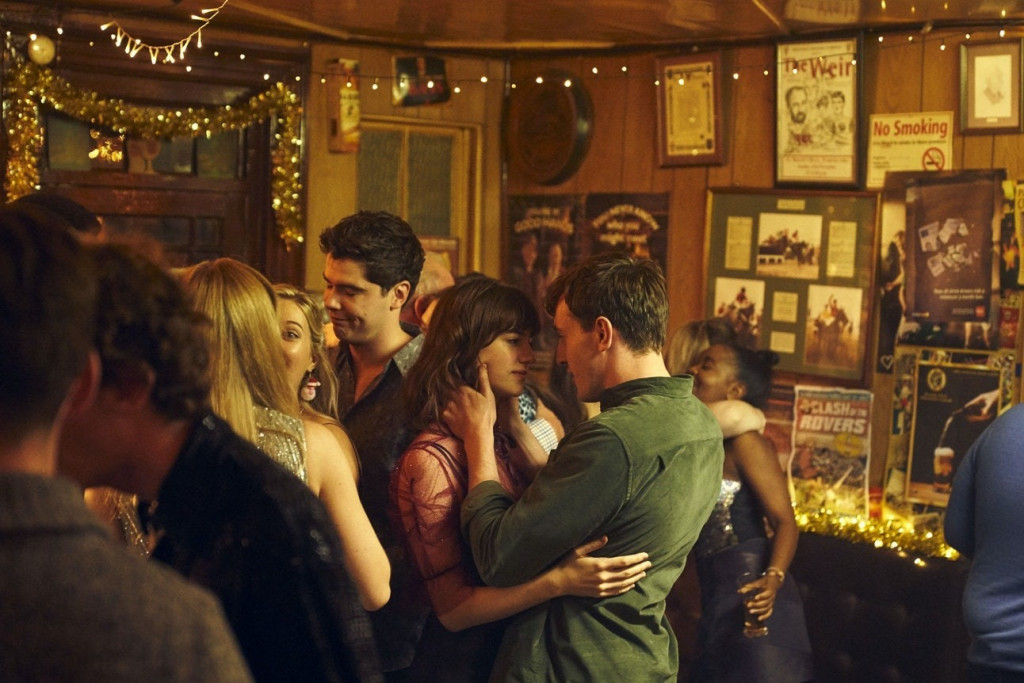
This is what feels refreshing about Rooney’s work and its adaptations. For a novelist that is forced into the mainstream and who is so influential on the cultural zeitgeist, the work is still questioning and politically intriguing. For all its mainstream appeal, Normal People has much to say about class and sexual desire. Conversations reconsiders the romantic structures we’re asked to place ourselves within, while Rooney’s third novel is no different. This too will surely be adapted to screen soon (and I’m going to start my campaign for Saoirse Ronan to play Alice as quickly as possible). In a review of Conversations for the BBC, Philippa Snow said it best when she described Rooney’s work as containing “an additional sly undertone of commentary on class” that helps “to shore up the impression of an Austen love affair playing out in a hip millennial milieu.” It’s no surprise, then, that Rooney is significantly influenced by writers like Jane Austen and George Elliot, two female writers from history who’ve seen their work returned to again and again, both as novels and in their various TV and film adaptations. Whether the adaptation of Conversations with Friends is as big a success as Normal People is yet to be seen, but it seems that, just like with Austen’s work, we’ll likely see more Rooney adaptations.
Also Read: How Film Changed Me: On Queerbaiting


